Analysis and Comparison of Characteristics of Three Kinds of Power Batteries
With the rapid development of electric vehicles and energy storage systems, lithium batteries, sodium batteries and hydrogen fuel cells are the main power battery technology it has attracted much attention. This article will analyze and compare the characteristics of these three power batteries in order to better understand their advantages and disadvantages in different application scenarios.
1. Lithium Battery:
-
features: Lithium battery has the advantages of high energy density, long cycle life and fast charging capability. Currently, it is widely used in electric vehicles, portable devices and other fields.
-
Advantages: High energy density, mature and stable technology, long cycle life and fast charging capability.
-
Disadvantages: High costs, scarce resources, and security need attention.
2. Sodium battery:
-
features: Sodium battery has relatively low cost, abundant resources and better environmental protection performance, but its energy density is relatively low and needs to be further improved.
-
Advantages: Low cost, abundant resources, environmental protection and great potential.
-
Disadvantages: Energy density is relatively low, stability and cycle life need to be improved.
3. Hydrogen fuel cell:
-
Features: Hydrogen fuel cell generates electric energy by reaction of hydrogen and oxygen, with zero emission and fast charging speed, but the storage and transportation cost of hydrogen is relatively high.
-
Advantages: Zero emission, fast charging speed and long range.
-
Disadvantages: Hydrogen storage and transportation costs are high, infrastructure construction needs are large, and technology still needs to be improved.
Comparative analysis:
-
in terms of energy density, lithium battery has high energy density, which is suitable for electric vehicles and other fields with high energy density requirements; Sodium battery has low cost and is suitable for large-scale energy storage system application; Hydrogen fuel cell zero emission, suitable for long-distance transportation and other fields with high demand.
-
In terms of cost, sodium batteries are relatively low and have the potential to reduce the overall cost, especially in the field of energy storage systems. Although hydrogen fuel cells have high cost, they have unique advantages in zero emission.
-
In terms of environmental protection, sodium cells and hydrogen fuel cells are relatively environmentally friendly, and lithium batteries still need attention in resource exploitation and recovery.
The three kinds of power batteries have their own advantages and disadvantages, and the appropriate power battery technology should be selected according to the requirements of different application scenarios to achieve the best energy utilization efficiency and environmental friendliness. In the future, with the continuous progress and innovation of technology, these three power battery technologies are expected to achieve greater development and application.
 Dongguan Juneng New Energy Technology Co., Ltd.
Dongguan Juneng New Energy Technology Co., Ltd.
 137 5142 6524(Miss Gao)
137 5142 6524(Miss Gao)
 susiegao@power-ing.com
susiegao@power-ing.com
 Xinghuiyuan High tech Industrial Park, Dalang Town, Dongguan City, Guangdong Province
Xinghuiyuan High tech Industrial Park, Dalang Town, Dongguan City, Guangdong Province


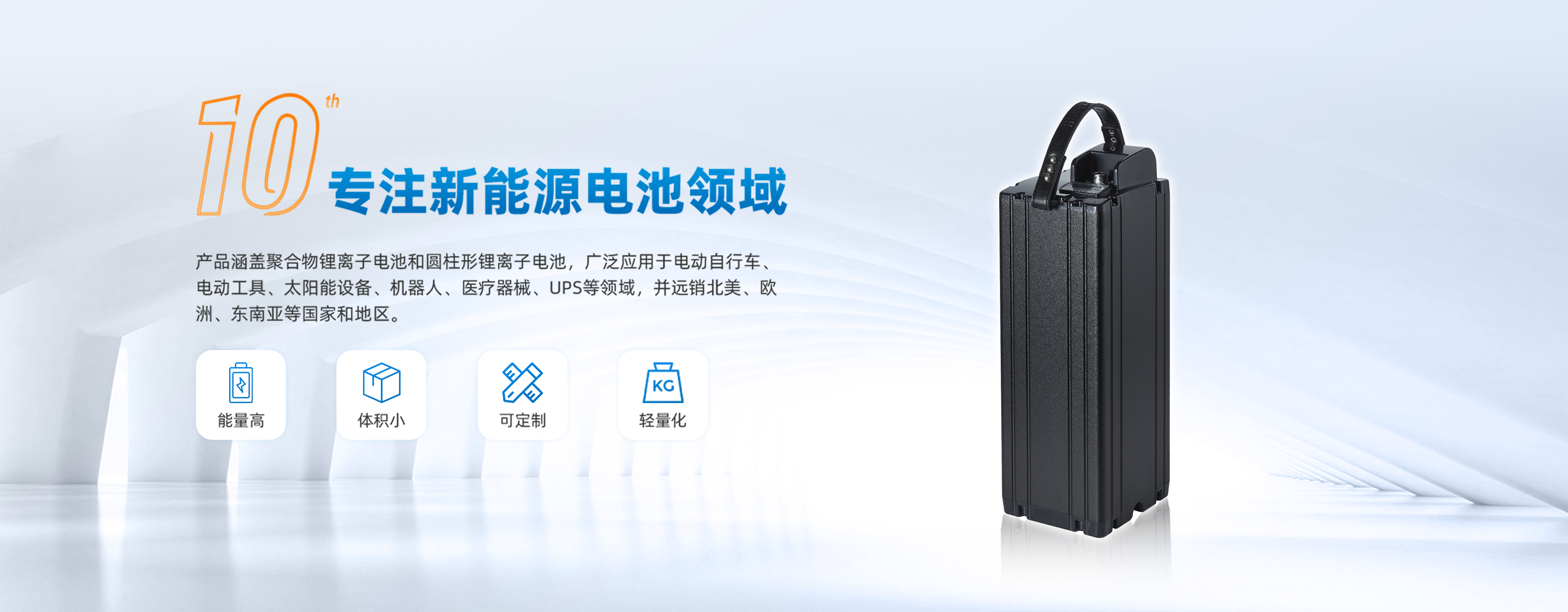
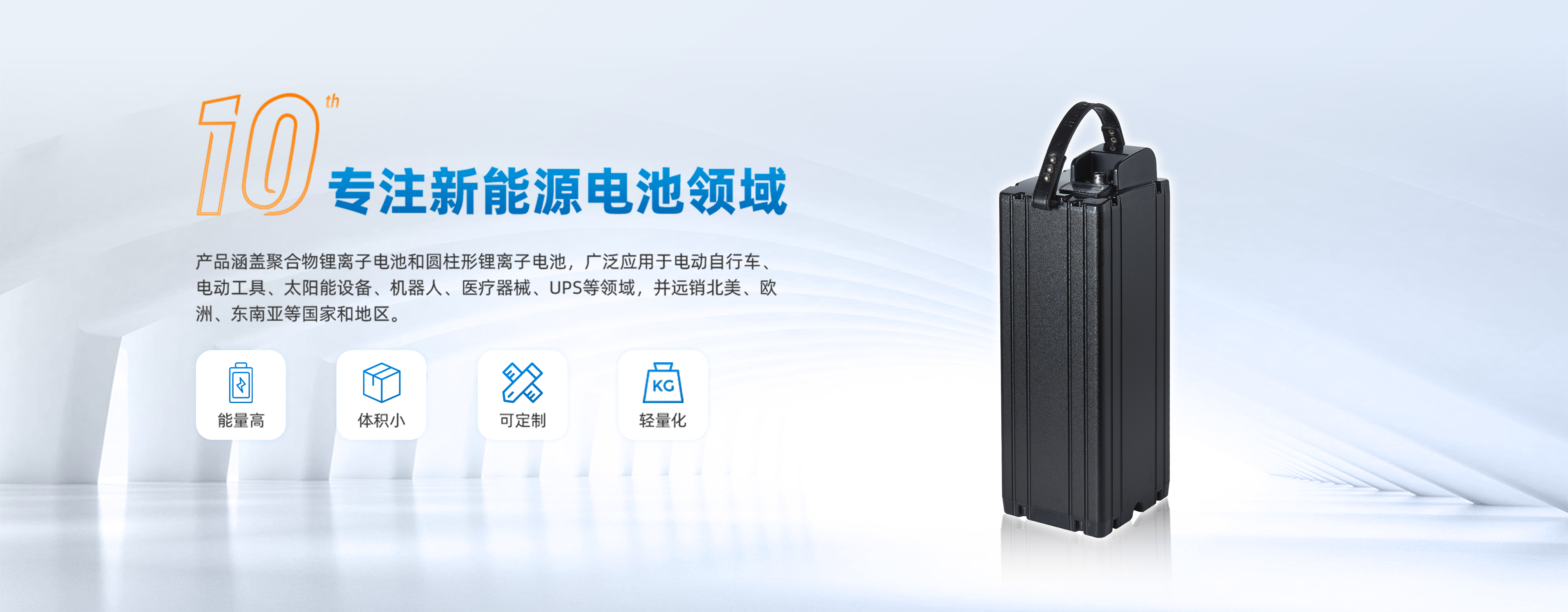
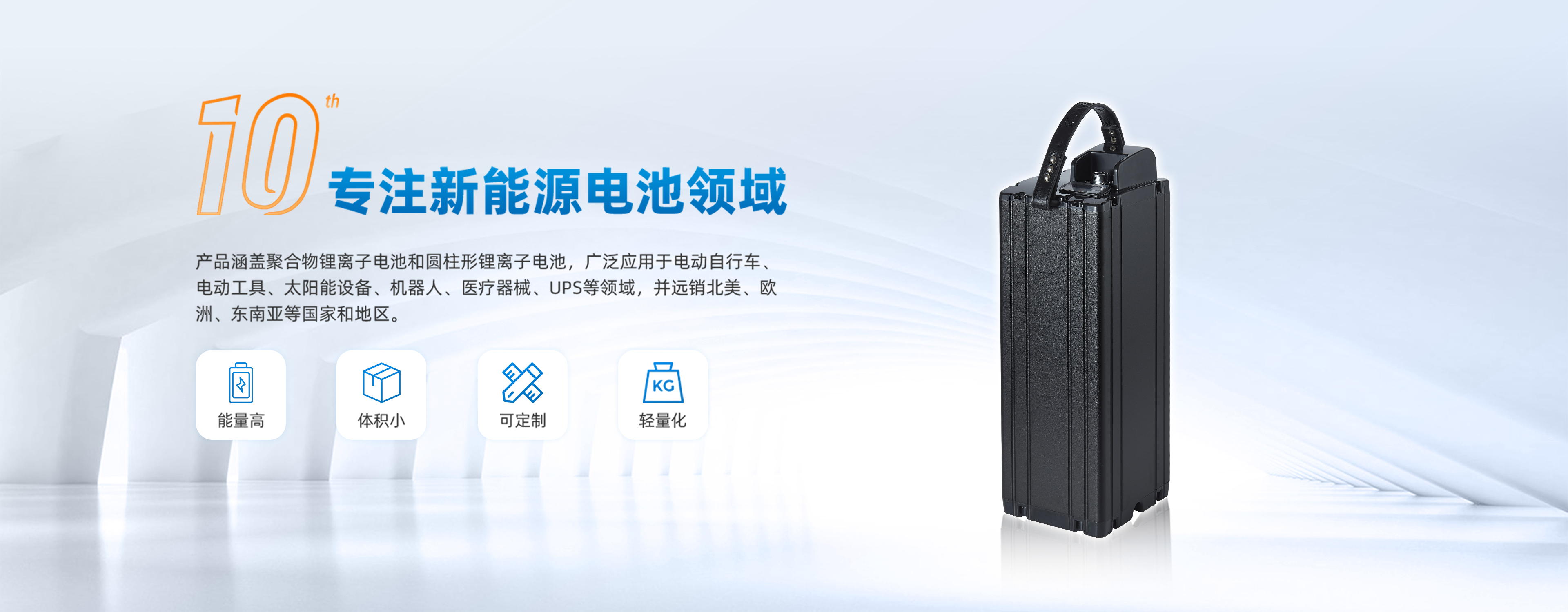



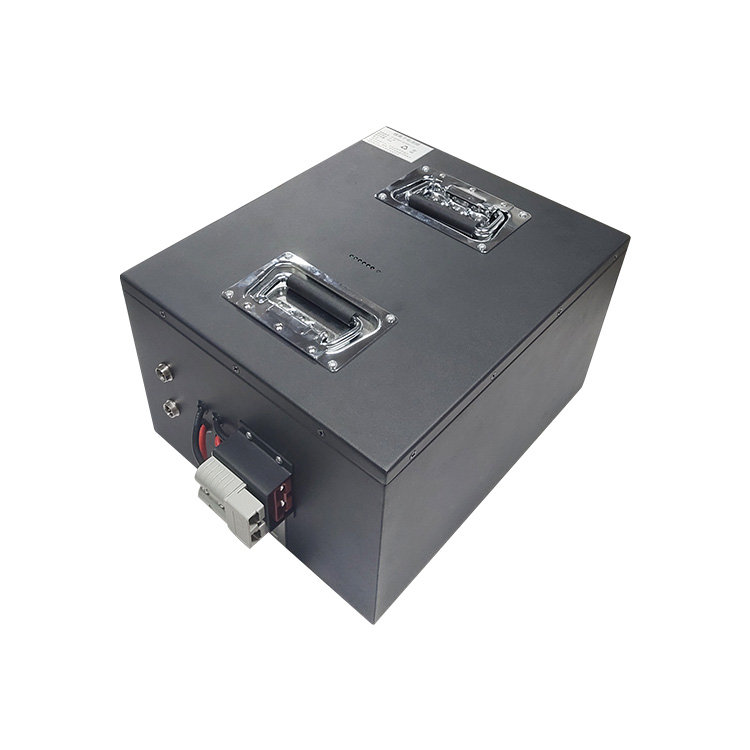


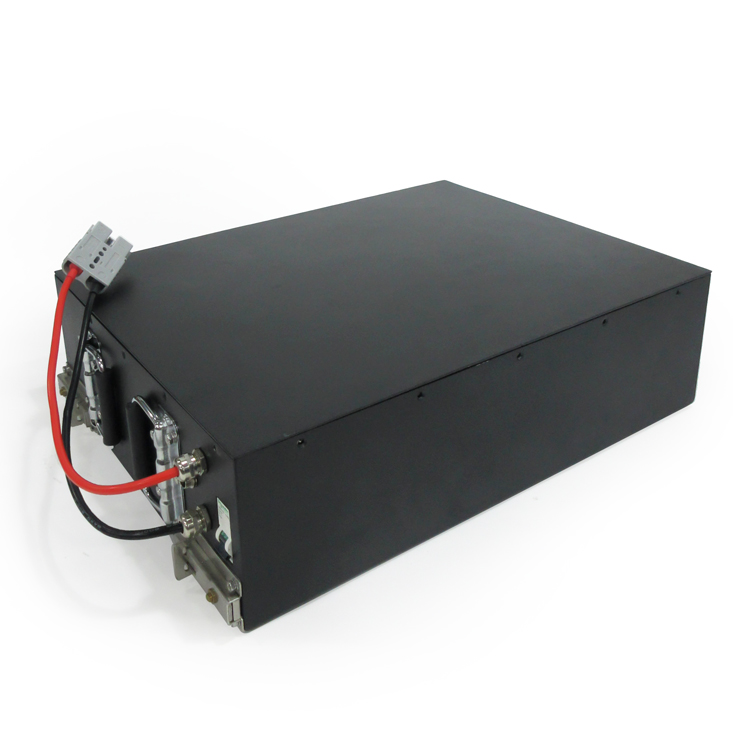

 Yue Gong Wang An Bei No. 4419002007491
Yue Gong Wang An Bei No. 4419002007491